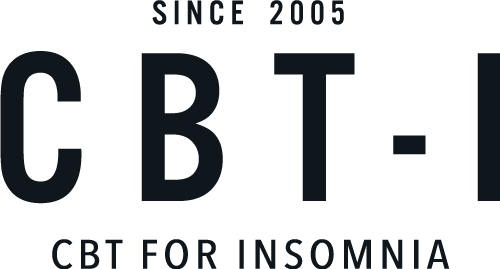CBT-I Is The First-Line Treatment For Midlife Women With Insomnia And Hot Flashes
Self-reported sleep problems are common in peri- and postmenopausal women and have been identified as a key symptom of the menopausal transition. Insomnia symptoms, particularly middle-of-the-night or early morning awakenings with inability to return to sleep, are often attributed to nocturnal hot flashes and night sweats. Studies have shown that more frequent and severe hot flashes are associated with insomnia severity and objective measures of nighttime wakefulness and sleep fragmentation. Elevated core body temperature and alterations in hormones during the menopause transition and early postmenopausal years contribute to both sleep changes and hot flashes.
A study in the journal Sleep found that CBT-I should be the first line treatment for midlife women with insomnia and hot flashes. The study compared the efficacy of seven treatments for improving sleep in 500 peri-and postmenopausal with insomnia and bothersome hot flashes: 1. Lexapro; 2. Telephone CBT-I; 3. Aerobic exercise; 4. Fish oil; 5. Estrogen; 6. Effexor; 7. Yoga.
The results indicated that CBT-I produced the greatest improvements in insomnia and sleep quality, followed by exercise, Effexor, Lexapro, yoga, and estrogen. Fish oil had no effect.
These new findings, combined with previous findings on the efficacy of CBT-I for co-morbid insomnia, demonstrate that CBT-I improves six co-morbidities as a result of improved sleep: depression, menopausal hot flashes, pain, fibromyalgia, PTSD, and substance abuse.
